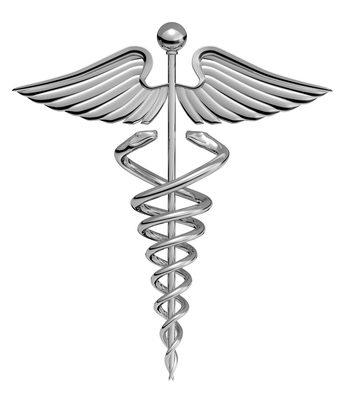Five TED Videos to Evoke Out-of-the-Box Thinking
• Health Care Should be a Team Sport
• The Potential of Regenerative Medicine
• Doing More With Less in Healthcare
• Empathy as the Next Revolution in Healthcare
• Changing the Basics of Healthcare
The American healthcare system is facing serious problems and different presenters on Ted Talks About Healthcare illuminate parts of the unwieldy system and offer imaginative solutions. To understand why so many improvements are needed in healthcare, it’s helpful to get clarity first on why the healthcare system needs solutions.
“Why America’s Healthcare System is Broken” by David Rook of the JP Griffin Group discusses five different ways in which the healthcare system is broken. He looks primarily at the factors that drive up costs with no improvement in outcome.
1. Health Care Should Be a Team Sport
Erich Dishman is a social scientist who does health care research for Intel. He shares his experience of a harrowing experience he had as a college sophomore when it was found that he had kidney trouble and was told by six physicians that he had two or three years to live. Obviously, he learned that they were wrong.
In this TED healthcare video, Erich presents his idea of a personal health system which relies on care anywhere, care networking and care customization. He demonstrates care anywhere by using a portable ultrasound to take an image of his kidneys while connected to his doctor at the hospital. This is an example of the mobile, social and analytic technologies which will make care anywhere possible. Care networking is possible through multidisciplinary teams providing coordinated care that reduces errors as well as costs. Care customization is achieved when technologies, high-performance computing, analytics and big data computing make it possible to build predictive models for individual patients.
2. Regenerating Our Bodies Through New Research, Technology and Medical Knowledge
Allan Russell is a medical futurist who presents the idea of regenerative rehabilitation. The approach involves diagnosing a disease in its early stage, and then treating it to heal and regenerate, rather than to treat it as a symptom. You haven’t lost the function or put a device in its place, you have rebuilt it. And the way to do this is to have a conversation with the body and learn how to switch on the processes of healing and regeneration. These wound-healing processes are in our DNA and functioned when we were fetuses or a child, but was lost as we aged.
Recommended: What is Population Health Management?
3. How To Do More With Less in Healthcare
Jan Denecker says, “If I were to diagnose where we are today in healthcare in the developed world, it would be this: we have made great progress through innovation, but we also made it very complex, and very expensive.” He proceeds to give three examples of developing countries where medics operate with the mindset of doing more with less: 1) using ordinary binder clips (“sterilized, of course”) in place of scalp clips in surgery; 2) using honey in place of iodine for skin injuries 3) using every day power drills in place of surgical drills for orthopedic surgeries. He concludes by saying that we can learn from developing countries on how to think differently about innovations in healthcare that cost less and are as safe and effective.
4. Empathy as the Next Revolution in Healthcare
Paul Rosen is a pediatric rheumatologist whose interests include family-centered care, patient-physician communication and the patient experience. He talked about the experience of his father who was treated for a tumor in his cervical spine at one of the top notch hospitals in the country. At a visit, his father said he was doing okay and was receiving good medical care, but he didn’t feel like he was being treated as a person. Rosen goes on to discuss this problem of lack of empathy for patients. He says that in healthcare, we should think of ways to decrease pain, fear, anxiety and suffering in patients. He also discusses burnout in physicians, which is a barrier to empathy.
5. Changing the Basics of Healthcare
This TED Healthcare video presents Rebecca Onie who addresses out- of- the- box questions about heathcare. She tackles the fundamental question of how to make our population healthier and proposes an entirely different approach to healthcare, a system where doctors can prescribe solutions to improve health, not just manage disease. She has started an organization called Health Leads, which consists of a desk in the waiting room of a clinic, manned by trained volunteer college students. Doctors and nurses can prescribe nutritious food, and other basic living needs such as heat in the winter. Health Leads will then connect these patients with the resources in the community to get these needs met. Onie presents an imaginative and inspiring vision of a healthcare system that is measured, not by the diseases cured, but by the diseases prevented.
The above videos show clearly that there are solutions at hand to improve the American healthcare system. TED talks about healthcare in America is a source for fresh ideas that the stewards of the nation’s healthcare can acces
